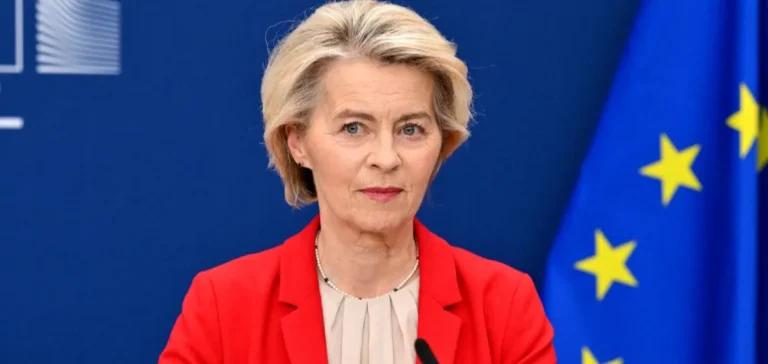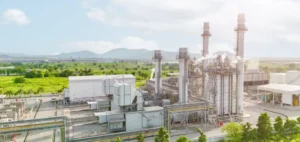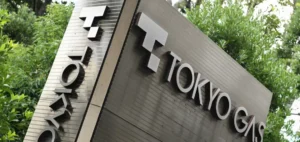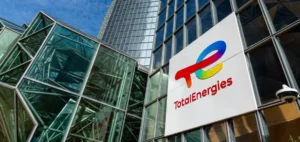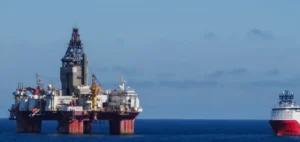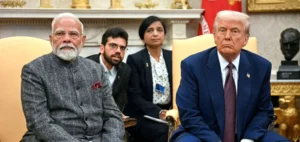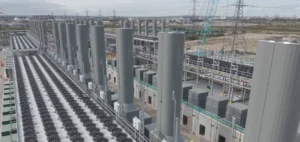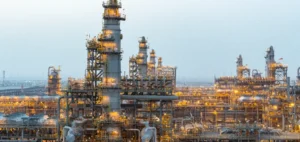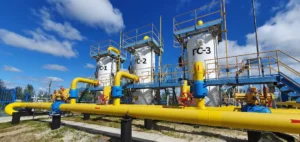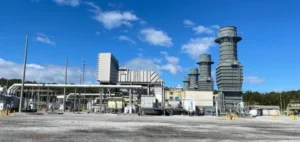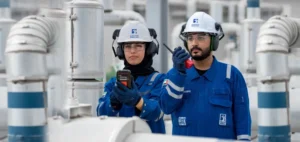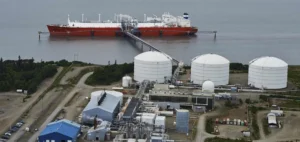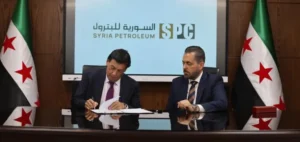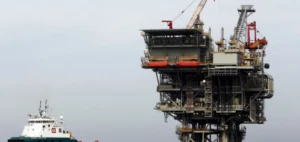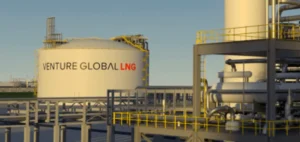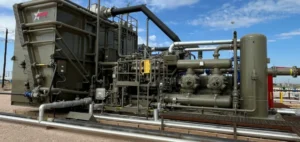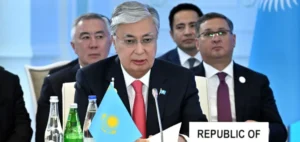European Commission President Ursula von der Leyen announced that she had spoken with U.S. President Donald Trump to strengthen coordinated economic measures against Russia. This initiative aims to increase pressure on Moscow through a 19th sanctions package from the European Union, which has been in preparation for several weeks.
Bilateral talks for a reinforced economic front
Ursula von der Leyen stated that this call with Donald Trump helped advance a joint strategy targeting several remaining financial channels accessible to Russia. Initial indications suggest that the upcoming sanctions package will include restrictions on digital assets, additional banking constraints, and expanded limitations in the energy sector. No specific date for presentation has been communicated, but discussions are reportedly in an advanced phase.
President Trump has demanded a complete halt to imports of Russian oil by U.S. allies, linking the maintenance of transatlantic unity on the issue to concrete actions. He also suggested imposing tariffs on China in connection with its commercial positioning in the conflict.
A European trajectory already underway
Since 2022, the European Union has gradually reduced its dependency on Russian hydrocarbons. The share of Russian oil in the European energy mix dropped from 29% at the beginning of 2021 to 2% by mid-2025. The European Commission has confirmed its objective to fully eliminate purchases of Russian oil and gas by the end of 2027.
In this context, Ursula von der Leyen mentioned the possibility of accelerating this timeline, citing the need to cut off financial flows sustaining Russia’s war economy. She noted that new legislative proposals would be submitted soon by the European executive in this regard.
Direct implications for global energy flows
The intensification of these sanctions could lead to a redefinition of commercial energy routes, particularly concerning Asian and Middle Eastern markets. European gas and oil companies will need to adjust their supply strategies, anticipating potential logistical disruptions or mid-term price tensions.
The proposed measures also target financial and technological intermediaries that continue to facilitate exchanges with Russian entities, particularly through cryptocurrencies. This may affect operators specialising in cross-border digital asset transactions related to commodity trading.


